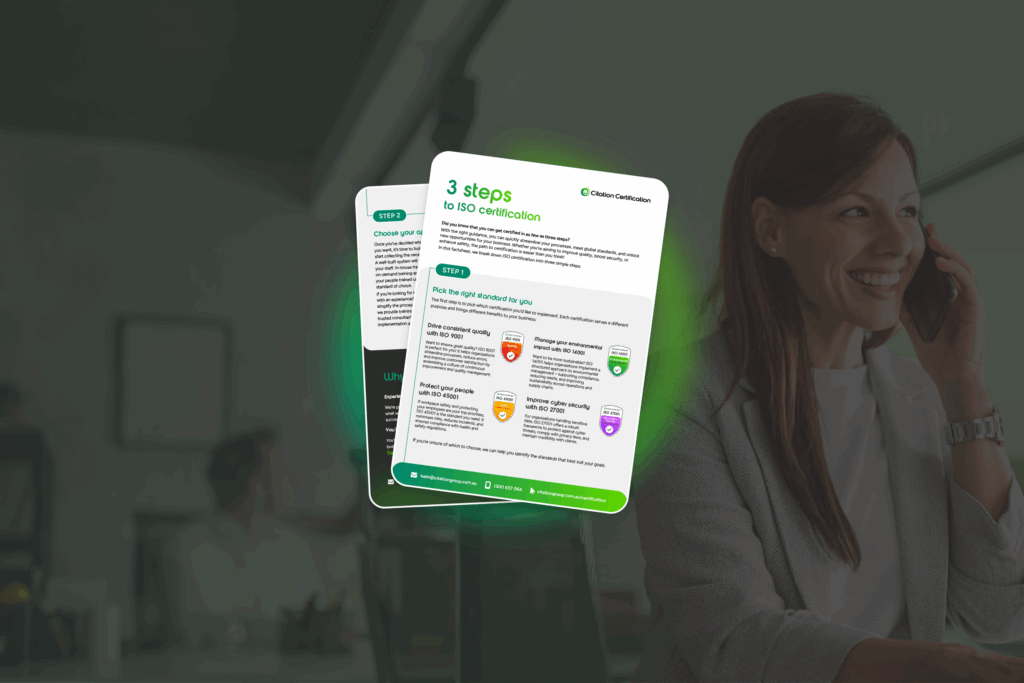
Australia has seen significant industrial relations changes over the past year, and one of the most impactful is the introduction and passing of the Fair Work Legislation Amendment (Closing Loopholes) Act 2023.
The passage of this legislation required the Fair Work Commission (FWC) to include a workplace delegates’ rights term in all modern awards by 30 June 2024, taking effect from 1 July 2024.
Here we break down the essentials of this crucial law change, explore its implications for businesses, and highlight the key points employers need to be aware of moving forward.
What is a workplace delegate and what rights have changed?
A workplace delegate is a ‘person appointed or elected by an employee organisation, a union, to be a delegate or representative for members working in a particular enterprise.’
Amendments to the Fair Work Act 2009 (FW Act) as a result of the Closing Loopholes Act, have provided for very specific rights for workplace delegates when representing the industrial interests of union members and potential members. The changes include that workplace delegates are now entitled to:
- reasonable access to communicate with current members and persons eligible to be such members, about their industrial interests;
- reasonable access to the workplace and workplace facilities where the enterprise is being carried on; and
- unless the employer of the delegate is a small business employer, reasonable access to paid time, during normal working hours, for the purposes of related training.
The criterion of reasonableness is heavily dependent on the size and nature of the employer’s enterprise, resources, and available facilities.
The amendments also introduce certain protections for workplace delegates. An employer must not:
- unreasonably fail or refuse to deal with the workplace delegate;
- knowingly or recklessly make false or misleading representations to the delegate; or
- unreasonably hinder, obstruct, or prevent the delegate from exercising their rights as a delegate.
An employer is also prohibited from taking adverse action against a workplace delegate exercising their rights. Adverse action may include dismissing an employee, discriminating against an employee, cutting shifts, reducing hours, or demoting an employee. Engaging in such conduct will breach the FW Act and carry substantial financial penalties.
What about awards and enterprise agreements?
The Closing Loopholes Act also requires that all enterprise agreements made on or after 1 July 2024 include a workplace delegates’ rights term. If this term is less favourable than the rights provided to delegates under a modern award, then the modern award term will apply and the agreement term will have no effect. If more than one modern award applies to the workplace delegate, then the award providing the most favourable delegates’ rights terms will apply.
Existing agreements and those that are already lodged for approval with the FWC don’t require a delegates’ rights term to be included. The delegates’ rights provided under the relevant modern award, together with the FW Act, will apply to employees under enterprise agreements lodged before 1 July 2024.
On 28 June 2024, a Full Bench of the Fair Work Commission finalised the ‘Modern Award delegates’ rights’ clause for inclusion in all modern awards.
What do these changes mean for employers?
These amendments provide new rights and protections for workplace delegates and obligations for employers to ensure such rights are upheld. Employers should familiarise themselves with the changes and ensure that the delegates’ rights are upheld.
Employers can maintain compliance by notifying managers and supervisors of these changes, explaining its impact in the workplace, and conducting training to appropriately deal with workplace delegates, and unions.
How can Citation HR help?
Navigating the complexities of industrial relations law has always been challenging for Australian businesses – and that’s where Citation HR can help. Our team of qualified employment law experts are specialists in providing businesses with everything from tailored advice and support to drafting water-tight employment contracts, policies, and procedures. Get in touch with our friendly team to learn more about how Citation HR can support your business and help you stay ahead of the compliance curve.
About our author
Tuvini Jayakody is a Workplace Relations Advisor at Citation HR. She assists clients with a range of employment relations and compliance matters via the HR Advice Line. She is currently studying for a Bachelor of Commerce and Laws.








